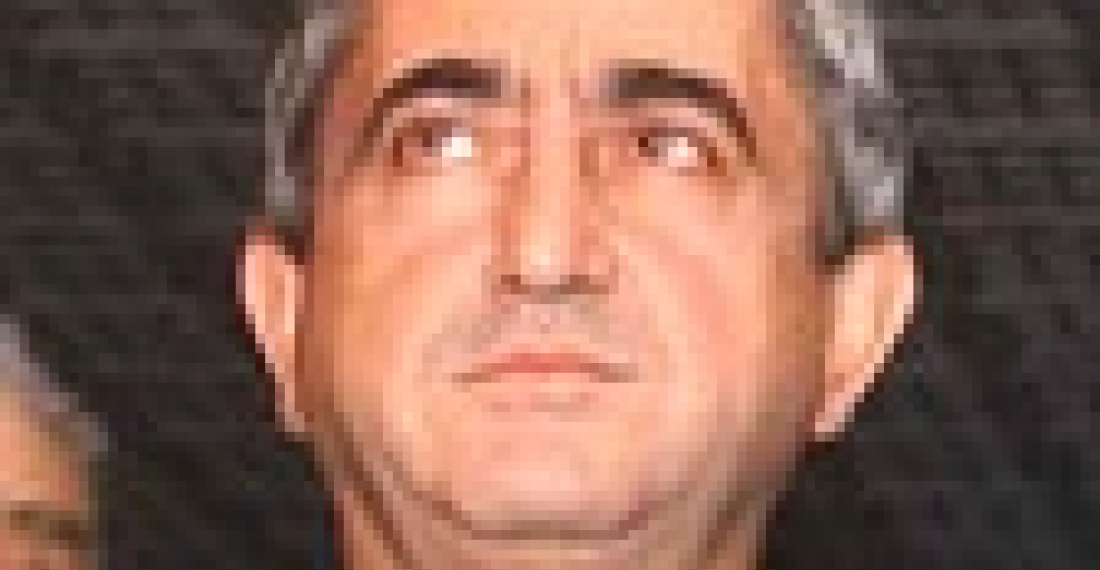The world community applies double standards to the Karabakh issue, President of Armenia Serhz Sargsyan said in an interview with the Italian Quotidiano Nazionale.
In response to the Italian journalist's pessimism about the Karabakh peace process due to Azerbaijan's oil influence, the Armenian president called that factor another display of double standards. The Kosovo issue was settled through international military interference, the president said, while there is overall negligence regarding the Karabakh issue.
The president said that the oil factor is dominant as regards promotion of Azerbaijan's stance, but this factor cannot prevail over other issues forever. One of the latest news is that Azerbaijan tries to oppose BP's presence, though the given corporation has always had an important part in the economy of Azerbaijan. In Baku they think that they can get rid of the British presence, consequently, the balances may change, Serzh Sargsyan said.
President Sargsyan said that the negotiations on the Karabakh conflict's resolution will be a success if Azerbaijan stops fanaticism and intolerance.
"The fact that Azerbaijan has glorified the criminal who killed a sleeping Armenian was nothing but a display of fanaticism," Serzh Sargsyan said.
He said that Armenia's stance coincides with the stance of the OSCE Minsk Group that insists on a diplomatic solution to the conflict on the basis of the following three international principles: the people's right to self-determination, non-use of force, and territorial integrity.
The Nagorno-Karabakh conflict broke out on February 28 1988 in the Azerbaijani Sumgait with massacre of Armenians as a peculiar response of Azerbaijanis to the peaceful demand of the Nagorno-Karabakh autonomous Region, part of the Azerbaijani SSR, to unite with the Armenian SSR. This resulted in other pogroms of Armenians in Baku, Kirovabad and other regions of Azerbaijan populated with Armenians. In 1991 Azerbaijan unleashed war against peaceful populations of Nagorno-Karabakh, expulsing ethnic Armenians from the territory of Azerbaijan. Dozens of thousands of peaceful residents on both parties were killed in the military actions, and hundreds of thousands were left homeless and have become refugees. In 1994 in Bishkek in mediation of the OSCE MG, the NKR, Azerbaijan and Armenia signed a Protocol on Ceasefire that is observed more or less so far. Since
1992 the OSCE Minsk Group represented by co- chairs from Russia, U.S. and France has been mediating in resolution of the conflict unleashed by Azerbaijan in 1988. At present the peace process is based on the Madrid Principles suggested by the OSCE MG in 2007 in Madrid and renovated in 2009.
President of Armenia: World community follows double standards in Karabakh issue
President of Armenia: World community follows double standards in Karabakh issue







